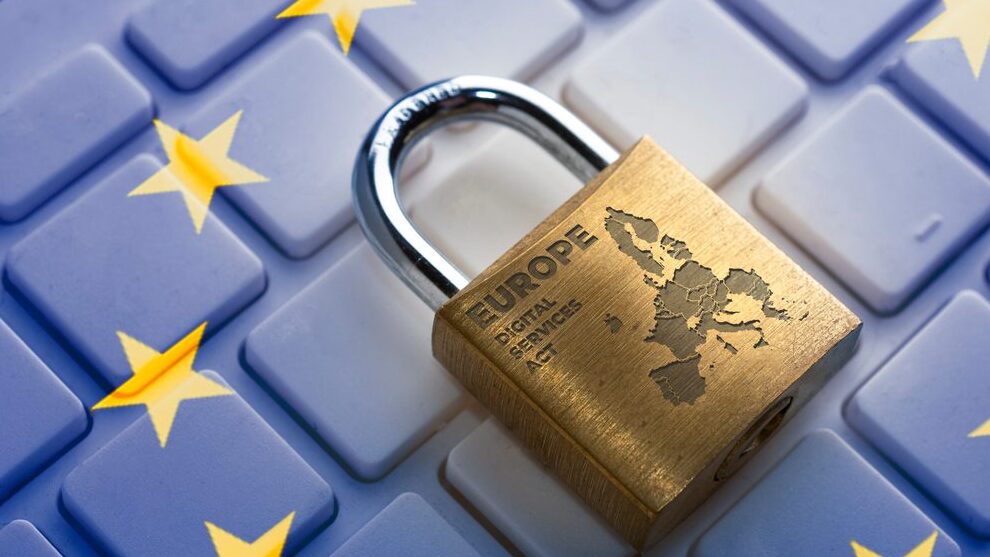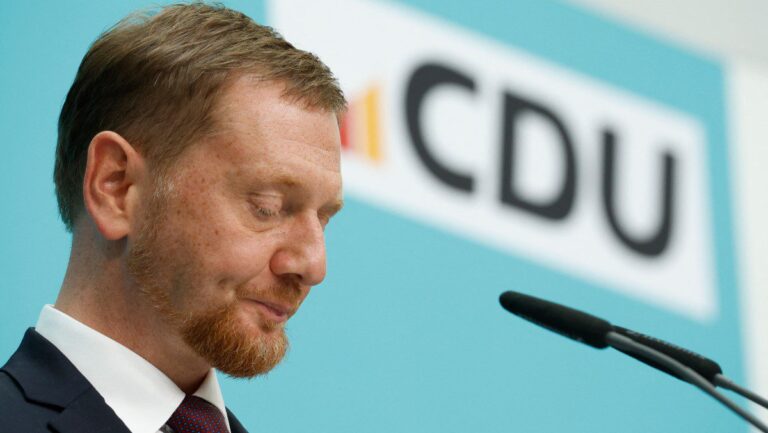A wide array of stringent rules, outlined in the so-called Digital Services Act (DSA), will be imposed on nineteen Internet platforms, including Facebook, Instagram, YouTube, TikTok, and Twitter, the European Commission announced on Tuesday, April 25th.
In a tweet, European Commissioner Thierry Breton said that “with great scale comes great responsibility,” and that starting August 25th “extra DSA obligations” would be asked of those companies listed.
It is not just social media platforms that have to fall in line should they want to still be able to operate in the EU. Amazon Store, AliExpress, Bing, Booking.com, Google, Wikipedia, and Zalando, among others, are equally subject to the Act.
With great scale comes great responsibility 🇪🇺
— Thierry Breton (@ThierryBreton) April 25, 2023
Extra #DSA obligations as of 25 August for:
AliExpress
Amazon Store
AppStore
Bing
Booking
Google Maps
Google Play
Google Search
Google Shopping
Snapchat
TikTok
Wikipedia
YouTube
Zalando pic.twitter.com/CVmDuzkKe9
Adopted in April 2022 by European policymakers, the DSA, under the pretext of advancing a ‘safer’ internet, will require platforms to adhere to far-reaching rules covering a wide range of ‘areas of concern,’ including targeted advertising, and the use of algorithms by social media companies.
Very Large Online Platforms (VLOPs) that reach at least 10% of the EU’s 450 million consumers, such as Google and Facebook, will have to conduct an annual risk assessment analysis, which, if not presented in time, carries with it hefty fines (upwards to 6% of their global turnover). Independent audits are also part of the package.
In practice, under the DSA, social media companies must be able to show why they present users with a particular ad. If they remove a post, they must also provide the reason. Targeted ads for EU citizens under the age of 16 will be banned, and platforms must make their data available for scientific research. Users must furthermore be prevented from selling counterfeit or unsafe products on platforms such as Amazon. The distribution of child pornography on online forums will be equally monitored.
More controversially, the larger platforms are to ensure that mechanisms are in place which would prevent ‘disinformation’ and ‘deceptive content’ (perhaps unsurprisingly, ill-defined) from going viral.
Commenting on the issue of content moderation, Commissioner Thierry Breton told reporters that these 19 online platforms and search engines had become “systemically relevant” and had “special responsibilities to make the internet safer.”
In recognition of the platform’s role in ‘building opinions on key issues,’ Facebook was especially deserving of scrutiny, Breton said. “Now that Facebook has been designated as a very large online platform, Meta needs to carefully investigate the system and fix it where needed ASAP,” he said, leaving out what exactly needed fixing.
Two more free-speech-oriented—and thus controversial—platforms, Twitter and TikTok, are deserving of Breton’s special attention.
“At the invitation of [the billionaire owner of Twitter] Elon Musk, my team and I will carry out a stress test live at Twitter’s headquarters in San Francisco,” he said. Early December last year, Breton had chided the tech mogul, as he had “huge work ahead still” to get Twitter DSA-compliant.
“We are also committed to a stress test with TikTok which has also expressed interest. So I look forward to an invitation to Bytedance’s headquarters to better understand the origin of Tiktok,” Breton added.
TikTok, a wholly owned subsidiary of Chinese technology firm ByteDance Ltd., is increasingly being viewed as a potential security risk to Western countries, prompting some to ban its use by state personnel.
In the coming weeks, the European Commission may add a few more online platforms to its list of companies it wants to bring under DSA control.





